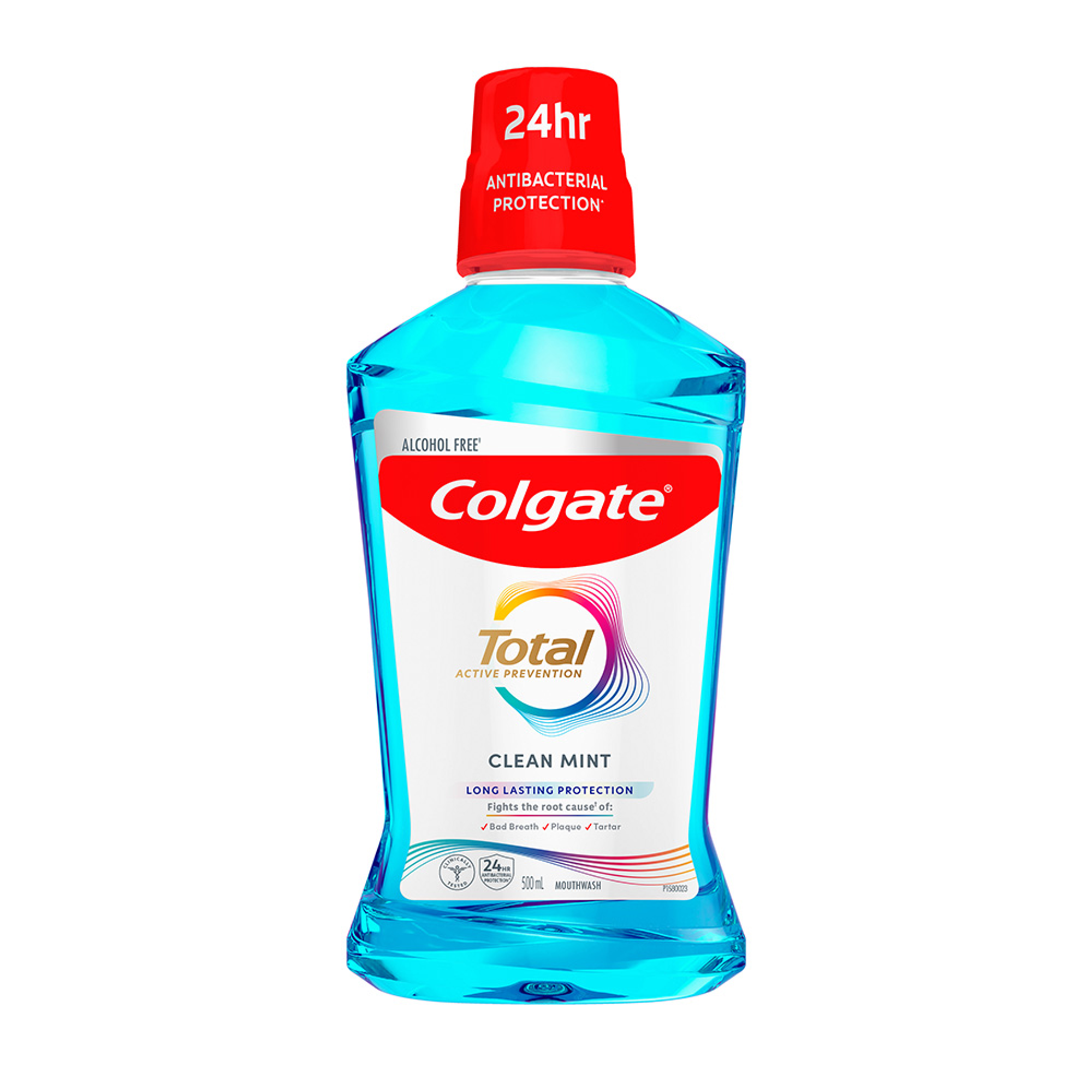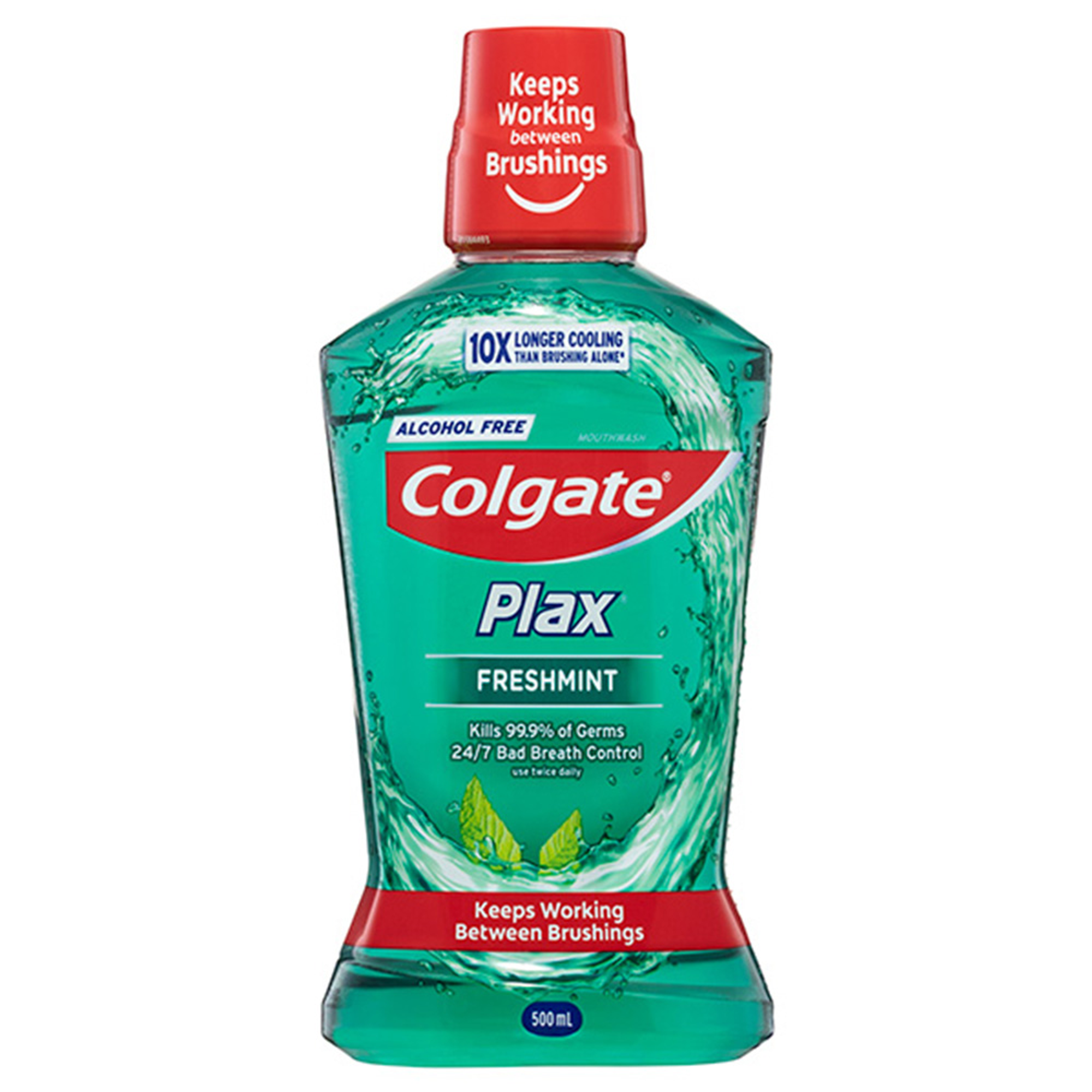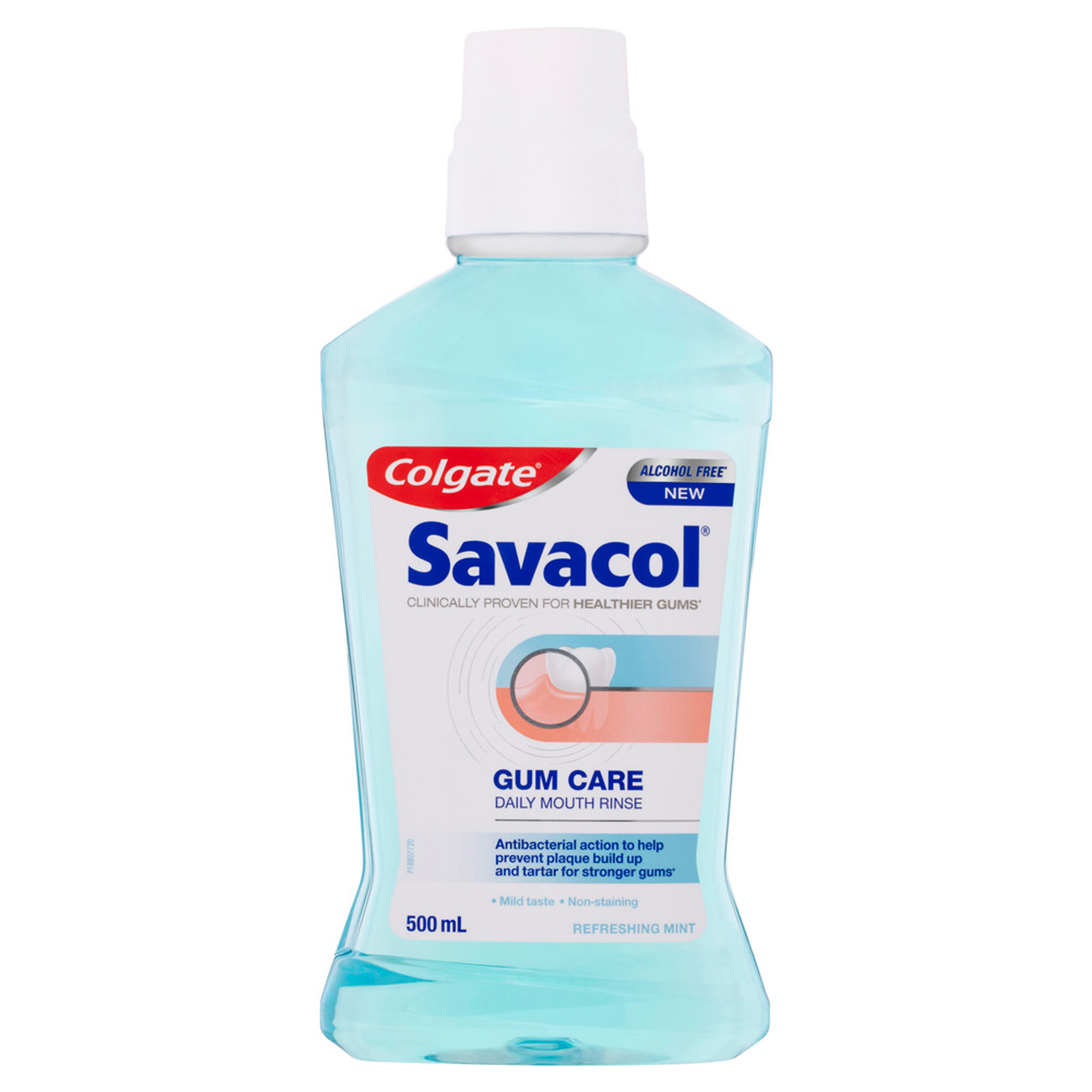
Antimicrobial resistance (AMR) is a growing global health crisis. As bacteria, viruses, fungi and parasites evolve to resist the effects of antimicrobial drugs, the efficacy of treatments diminishes. This leads to longer hospital stays, higher medical costs, and increased mortality [1, 2]. As dental and oral health professionals, we play a critical role in reducing AMR.
World AMR Awareness Week (WAAW) starts on 18 November 2024 and ends 24 November 2024. Formerly known as World Antimicrobial Awareness Week, WAAW was initiated by the World Health Organization (WHO) as part of a global campaign to increase awareness and understanding of AMR and to encourage best practices among the public, health workers, and policymakers to reduce the development of resistance. The theme for 2024 is “Educate. Advocate. Act now.”
In 2019, it was estimated 700,000 people die annually across the globe from AMR, and it is estimated 10,000,000 will die annually by 2050 [3]. A recent report states that AMR is and will continue to be one of the most significant challenges Australia faces in healthcare [4]. In 2020, there were 1,031 AMR-associated deaths from the five resistant hospital-associated infections in Australia [5]. The economic burden of AMR is currently unknown in Australia, although a previous study published in 2006 estimates it to be $250 million per year [6].
In dentistry, the misuse and overuse of antibiotics is a significant contributor to this problem.
Overprescription: The Australian Context
In Australia, studies reveal concerning trends regarding antibiotic prescriptions in dentistry. As health professionals, it is our responsibility to follow current guidelines, including the Oral and Dental Therapeutic Guidelines, and ensure antibiotics are not overprescribed [7]. Current research reveals that sometimes dental prescribers are not following this guidance, for numerous reasons. A survey of general dentists revealed that 39% of respondents would prescribe antibiotics for a localised periapical abscess without any systemic involvement, which does not follow current guidelines [7, 8]. In another survey 55% of participants reported overprescription of antibiotics, most commonly for swelling [9]. Many prescriptions could be avoided, often driven by patient and/or clinical time pressure, or as a precaution for conditions that do not require antibiotics.
The consequences of overprescription can be severe. They contribute directly to the development of drug-resistant bacteria, reduce future treatment options, and increase the risk of adverse drug reactions. As health professionals we must be at the forefront of antimicrobial stewardship initiatives, both advocating for responsible antibiotic use and prescribing antibiotics only when necessary and in the appropriate dosage and duration.
Tips for Dental and Oral Health Professionals
One of the main challenges clinicians face is managing conversations with patients who expect or demand antibiotics, even when they are not clinically indicated. These interactions require a balance of professionalism, patient education, and empathy. Strategies for navigating these conversations include:
Educating patients: Help patients understand that in most cases antibiotics do not remove the cause of the problem but merely act as a “bandaid.”
Discussing the risks: Explain AMR in simple terms. Many patients are unaware of the potential side effects of antibiotics, including allergic reactions, gastrointestinal issues, and the risk of developing resistant infections.
Providing alternative treatments: Should a patient refuse treatment, offer practical advice on managing symptoms without antibiotics. In cases of mild pain or swelling, suggest over-the-counter anti-inflammatories and/or analgesics, proper oral hygiene, or saltwater rinses.
The issue of AMR highlights the importance of oral health in general health, and prevention. The consequences of poor oral health are clear contributors to AMR, and preventing diseases like dental caries and periodontitis will reduce emergency presentations where antibiotics are often requested, and in some cases in remote towns, are the only option.
Conclusion
AMR is a global challenge and as dental professionals we can make a difference. Responsible prescribing is the professional responsibility of all dental and oral professionals. Poor prescribing practices have the potential to affect individual patients, the community and entire populations. WAAW is a time to remember that antimicrobial stewardship begins with informed decisions and a commitment to patient care that prioritises long-term health outcomes over short-term fixes.
Wozniak TM, Dyda A, Lee X. The increased length of hospital stay and mortality associated with community-associated infections in Australia. InOpen Forum Infectious Diseases 2022 May 1 (Vol. 9, No. 5, p. ofac133). US: Oxford University Press.
Naylor NR, Atun R, Zhu N, Kulasabanathan K, Silva S, Chatterjee A, Knight GM, Robotham JV. Estimating the burden of antimicrobial resistance: a systematic literature review. Antimicrobial Resistance & Infection Control. 2018 Dec;7:1-7.
Dadgostar P. Antimicrobial resistance: implications and costs. Infect Drug Resist. 2019 Dec 20:3903-10.
Australian Commission on Safety and Quality in Health Care. Fifth Australian report on antimicrobial use and resistance in human health. Australia: Australian Commission on Safety and Quality in Health Care; 2023 290 p.
Wozniak, T. M., Dyda, A., Merlo, G., & Hall, L. Disease burden, associated mortality and economic impact of antimicrobial resistant infections in Australia. The Lancet regional health. Western Pacific. 2022 27 100521.
Wozniak TM, Graves N, Barnett AG. How much do superbugs cost Australian hospitals? An evidence-based open-access tool. Infection, disease & health. 2018 Mar 1;23(1):54-6.
Oral and dental expert group. Therapeutic Guidelines: Oral and Dental. Version 3. 2023. https://tgldcdp.tg.org.au/guideLine?guidelinePage=Oral+and+Dental&frompage=etgcomplete
Jaunay T, Dambrook P, Goss A. Antibiotic prescribing practices by South Australian general dental practitioners. Australian dental journal. 2000 Sep;45(3):179-86.
Teoh, L., Marino, R.J., Stewart, K. et al. A survey of prescribing practices by general dentists in Australia. BMC Oral Health 19, 193 (2019)
Join us
Get resources, products and helpful information to give your patients a healthier future.
Join us
Get resources, products and helpful information to give your patients a healthier future.











